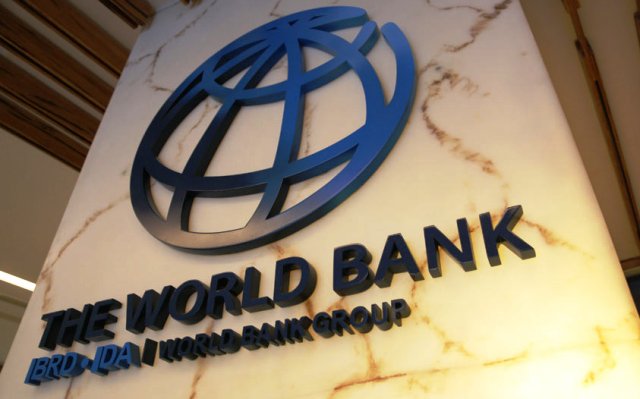The World Bank has said COVID-19 pandemic-induced inflation pushed about 23 million Nigerians into a food crisis in 2021.
The Washington-based bank said this in its latest Commodity Markets Outlook report in reference to the Global Report on Food Crises.
According to the lender, rising food prices have heightened food insecurity in emerging markets and developing economies, especially due to food import dependence from Ukraine and Russia.
It further stated that before the war in Ukraine, the COVID-19 pandemic had triggered food insecurity across the world.
The World Bank report read in part, “Rising food prices have increased food insecurity in most EMDEs. It could increase even more, given the reliance of a number of EMDEs on food imports from Ukraine and Russia. Even before the Ukraine war, the pandemic had already taken a toll on food insecurity.
“According to the Global Report on Food Crises, an estimated 161 million people were facing a food crisis or worse in 2021, up from 147 million in 2020. Populations facing a crisis, which are typically in countries with conflict, include Democratic Republic of Congo (26 million), Afghanistan (23 million), Nigeria (23 million), Ethiopia (16 million), and Yemen (16 million).”
It added that the war-driven disruptions in food trade, higher food price inflation, and higher costs of administering food assistance efforts would likely make more people food insecure.
In a different report, the International Monetary Fund said the impact of the war in Ukraine would likely sustain pressure on commodity prices, affecting oil and gas prices severely in 2022 and food prices well into 2023 in Nigeria and other countries of the world.
The President of the African Development Bank Group, Dr Akinwumi Adesina, has also said the costs of fertilizer, rising energy prices, and rising costs of food baskets, could worsen in Nigeria and other African countries in the coming months.
Aside from the pandemic and the ongoing war in Ukraine, the World Bank had in a different report said import restrictions and non-flexible exchange rate management of the Central Bank of Nigeria were the major driving forces for food inflation in Nigeria.
The report had read in part, “Rising food prices are the underlying factor behind the surge of headline inflation in Nigeria. Food prices have increased due to import restrictions and a nonflexible exchange rate management.
“The current regime is keeping the official exchange rate of the naira artificially strong while the naira has weakened significantly on the parallel market. Additionally, the central bank has restricted importers’ access to foreign currency for 45 products and has reduced the supply to other importers.”
Recent figures from the National Bureau of Statistics showed that Nigeria’s Consumer Price Index rose to 15.92 per cent in March.
This new rate was the highest the country had recorded since November 2021, when the inflation rate dropped to 15.99 per cent.
The rise in the inflation rate in March shows that Nigeria is not left out in the global inflation surge currently being witnessed.
Source PUNCH














